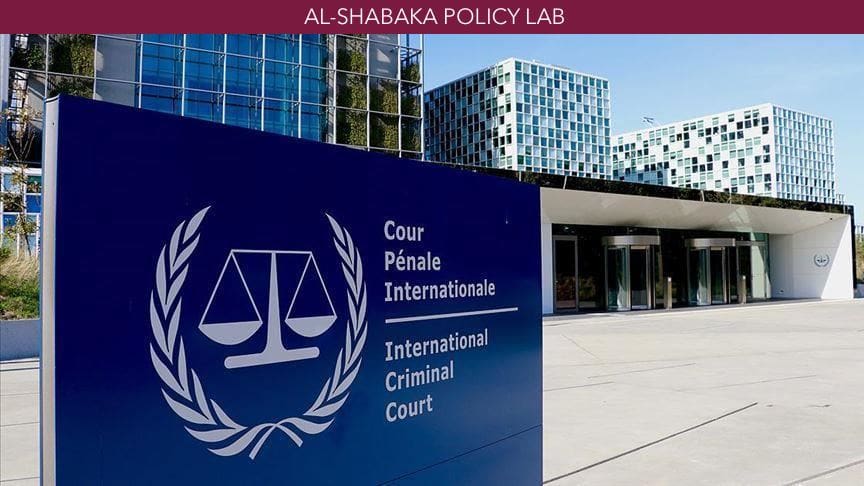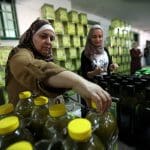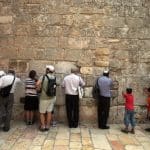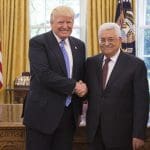
While the world remains fixated on the latest developments surrounding the COVID-19 pandemic, Palestine’s case at the International Criminal Court presses on.
In this policy lab, international legal experts Ardi Imseis and Halla Shoaibi join host Nur Arafeh to weigh in on the current status of the case, its prognosis, and how actions taken at the ICC fit into a larger Palestinian legal strategy.
Halla Shoaibi is an S.J.D candidate at American University Washington College of Law in Washington, DC. Prior to that, she served as an Associate for two years at Kamal & Associates, Attorneys and Counselors at Law in Ramallah. Halla holds a masters degree in law from University of Michigan and an LL.B from Birzeit University. Her areas of interest are international criminal law and women’s rights.
Dr. Ardi Imseis is Assistant Professor of Law, Queen’s University, where he specializes in public international law. Between 2002 and 2014, he served in senior legal and policy capacities with UNRWA in the occupied Palestinian territory. He has provided expert testimony to the UN Security Council, members of the UK House of Lords and the French Senat. His scholarship has appeared in a wide array of international journals, including the American Journal of International Law, the Harvard International Law Journal, and the Oxford Journal of Legal Studies. He is outgoing Editor-in-Chief of the Palestine Yearbook of International Law (2008-2019), and former Harlan Fiske Stone Scholar and Human Rights Fellow, Columbia Law School.















